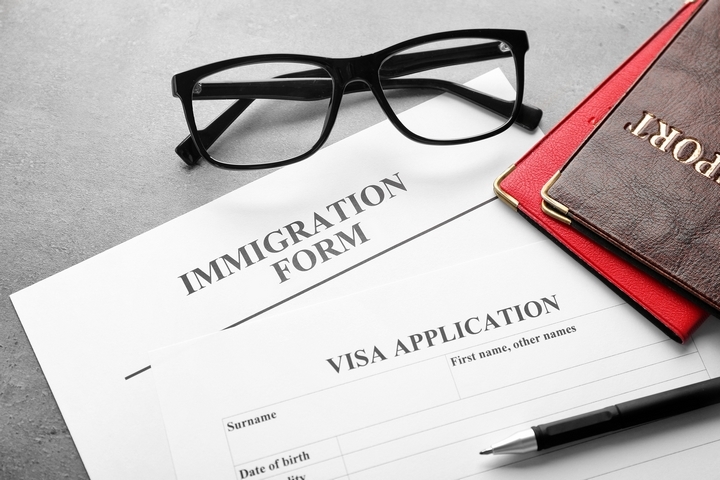
If you are looking to apply for permanent residency (PR) in Canada, you need to understand what the process looks like, and the following tips should help.
1. Identify the Program(s) You are Eligible For

There are three broad categories of immigration programs in Canada. These are family class, economic, and refugee and humanitarian. Some of these programs are based on points while others are not. Others operate on a first-come, first served basis, while others do not. There are also programs that stay open continuously and others that require a sponsor. Do your research and to establish which program is best for you. If you qualify for more than one program, decide which one best serves your needs. The important thing is to be certain you have the best possible program before you apply.
2. Get Profession Advice or Representation

Identifying the right program is not easy. You need professional help to understand the pros and cons of each and make the right decision. A Canadian immigration lawyer can answer any question or clear concerns you may have on the best way forward.
The consultant will not only explain the process in detail but also if you want, make representations for you with the Canadian immigration authorities. It’s always reassuring to have a professional consultant by your side as you pursue permanent residency.
3. Get All Your Relevant Papers and Documentation in Order

At some point, you will be asked to submit certain documents to the IRCC. Some of these could take months to extract. Start gathering your documents in advance, even if you are yet to be formally requested to submit them. For instance, police background checks may sometimes take longer than expected, sometimes months. Other documents you are likely to need include civil status documents, work reference letters, among others. These may take quite some time to process; starting the process early helps to fast track your application. The key here is to anticipate what documents you will be asked to produce and procure them ahead of time.
4. Thoroughly Check Your Application for Potential Errors

The last thing you want is to have your PR application turned down or delayed because of an error or failure to read instructions. To avoid such a scenario, thoroughly read and understand the instructions on the application form. Don’t be in a rush; double-check and triple-check your application until you are certain all errors or concerns have been addressed.
5. Cross-check the Checklist

The checklist generated for you by the IRCC is based on your specific circumstances. It’s not generic. To be sure, check off every item on the checklist and provide all items listed therein. If it is not possible for one reason or another to provide any of the requested items, explain why this is the case. Your application should be as complete and accurate as possible.
6. Watch the Expiry Dates

To avoid submitting expired documents, scrutinize your work permit/study, passport, police background checks, language test results, medical assessment, the invitation to apply, bank statements, etc. All these documents are crucial in your PR application. Make sure they are up to date.
7. Don’t Lie or Provide False Information

If you are caught lying or misrepresenting facts on your application, your entire PR application would be jeopardized. You could also be banned from entering Canada for up to five years. Even if your application sails through and you are later found to have fraudulently obtained permanent residence, the government could revoke your status.
The success of your Canadian PR application depends on your ability to provide accurate and complete information. To avoid disqualification, don’t misrepresent facts, neither should you lie.